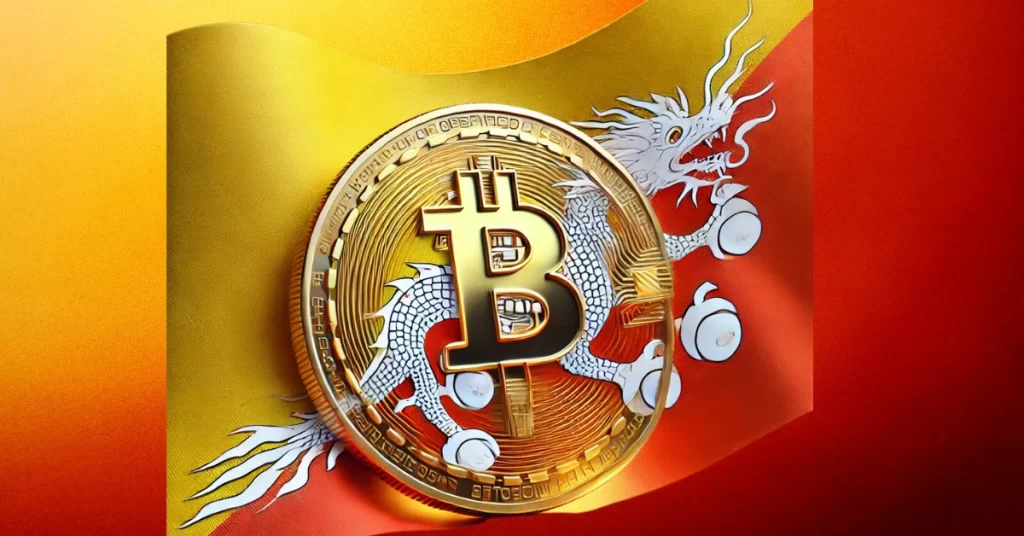
The post The FTX-Tether Connection has been Questioned appeared first on Coinpedia Fintech News
The second-largest cryptocurrency exchange in the world, FTX, filed for bankruptcy in the US on November 11, 2022. Following market worries about FTX’s financial stability and related transfers to Alameda Research, a trading firm owned by FTX’s founder, Sam Bankman-Fried, FTX was unable to meet customer withdrawals (worth about $5 billion).
The filing follows FTX’s unsuccessful attempt to gain support from Binance, the largest cryptocurrency exchange in the world, through a takeover. The run on FTX considerably disturbed the market, and other cryptocurrency exchanges were forced to reassure their customers that they would have enough liquidity reserves to handle any necessary customer withdrawals.
The ownership of a US bank by crypto firm FTX raises concerns
A very small asset that could cause major problems was found among the numerous unexpected assets revealed in the bankruptcy of the cryptocurrency exchange FTX: a stake in one of the smaller banks in the nation.
Farmington State Bank in Washington State has only one location and three workers this year. It didn’t even provide a credit card or online banking.
The relationship between the minor bank and FTX’s demise has led to additional inquiries regarding the exchange and its workings. Among them: How integrated into the larger financial system is FTX, which has its headquarters in the Bahamas? What else could the authorities have missed? How will Farmington become involved in the massive bankruptcy while searching for FTX’s lost assets?
Farmington State Bank and FTX started working together in March after Alameda Research, a tiny trading company and sister company of FTX, invested $11.5 million in FBH, the bank’s parent company.
Ramnik Arora, a top aide to the exchange’s creator Sam Bankman-Fried, oversaw the investment by FTX, which financial officials claim was more than quadruple the bank’s net worth.
Farmington is connected to various crypto networks. Bank was purchased by FBH in 2020. Jean Chalopin, the chairman of Deltec Bank, which, like FTX, is based in the Bahamas, and a co-creator of the 1980s cartoon cop Inspector Gadget, is also the chairman of FBH. The most well-known customer of Deltec is Tether, a cryptocurrency corporation with $65 billion in assets that provides a stablecoin tied to the dollar.
Because of its reclusive founders and offshore bank accounts, Tether has long faced financial problems. FTX was one of Tether’s biggest trading partners through Alameda, which led to worries that the stablecoin would be connected to FTX’s fraudulent activities without anyone being aware of it.
What FTX had in mind for Farmington is unclear. Farmington is currently known as Moonstone Bank online. A few days before FTX’s investment, the name was trademarked. There is nothing regarding Bitcoin or other digital currencies on the Moonstone website. According to the statement, Moonstone wishes to aid “the development of next-generation finance.”
A request for comment was not answered by Deltec or Moonstone.
Conclusion
It’s unclear how FTX obtained a bank license in the United States, which would require approval from federal regulators. Veterans of the banking industry find it difficult to imagine regulators knowingly enabling FTX to take over a U.S. bank.

 2 years ago
166
2 years ago
166














 English (US) ·
English (US) ·